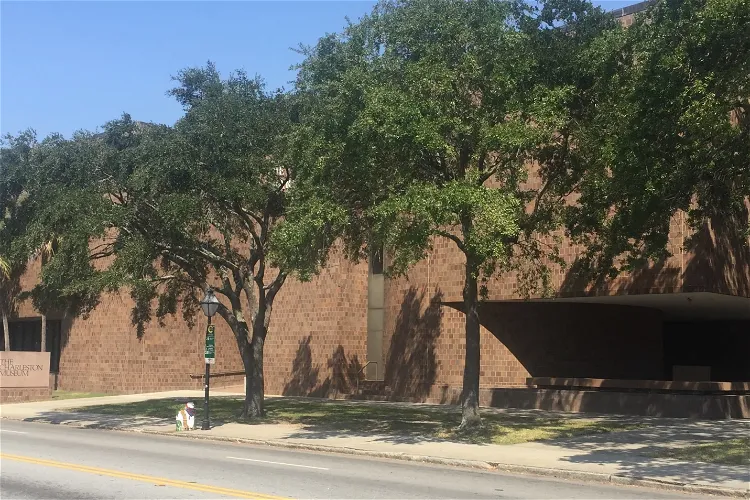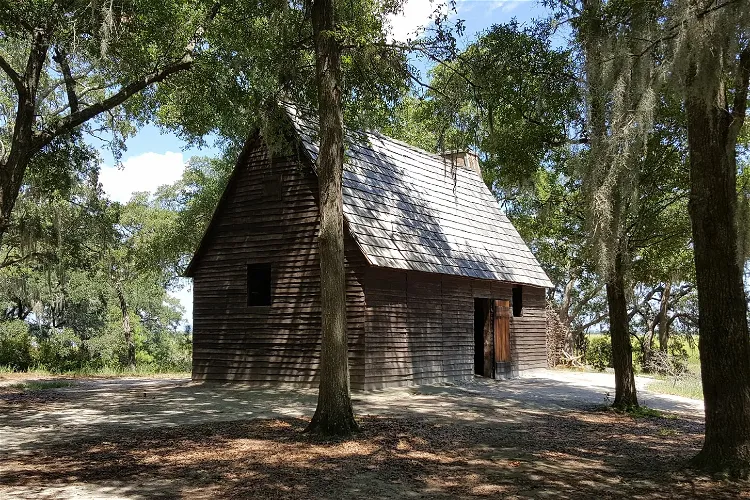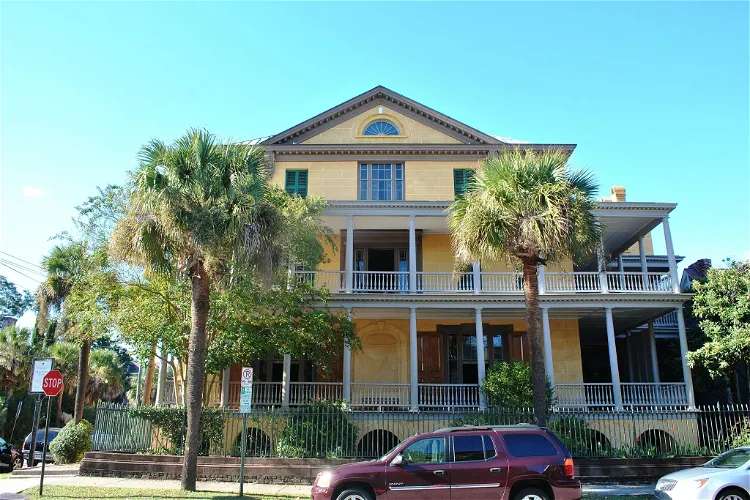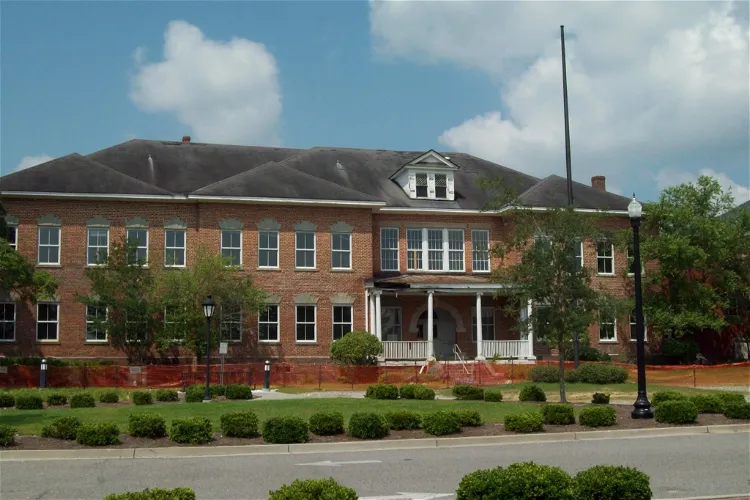Are you curious about ancient civilizations and archaeological finds? Here are the archaeology museums you must see in South Carolina:

Charleston Museum
Charleston, SCThe Charleston Museum, situated in the Wraggborough neighborhood of Charleston, South Carolina, holds the distinction of being the oldest museum in the United States. This historic institution offers a unique opportunity for visitors to delve into the rich past of the country.
Bob Jones University Museum & Gallery
Greenville, SCThe Museum & Gallery, Inc. specializes in sacred art, with a primary focus on European Old Master paintings. However, the museum also houses smaller collections of sculpture, furniture, architectural elements, textiles, Greek and Russian icons, and ancient artifacts. This diverse collection offers a comprehensive view of various art forms and historical periods.
Charles Towne Landing State Historic Site
Charleston, SCThe Charles Towne Landing State Historic Site, located in the West Ashley area of Charleston, South Carolina, is a significant location as it preserves the original site of the first permanent English settlement in Carolina. This site offers a unique opportunity for visitors to explore the beginnings of English colonization in the region.
William Aiken House
Charleston, SCThe Gov. William Aiken House, also known as the Aiken-Rhett House, is a historic building located at 48 Elizabeth Street, in the Wraggborough neighborhood of Charleston, South Carolina. Built in 1820, the house is known for its association with Gov. William Aiken and is considered to be the best preserved complex of antebellum domestic structures in Charleston. The house was originally configured as a Charleston single house with entrance from the south side along Judith Street.
Horry County Museum
Conway, SCThe Horry County Museum is housed in the historic Burroughs School, also known as Burroughs Graded School, located in Conway, South Carolina. The building was constructed in three phases between 1905 and 1923, making it a significant part of the local history.